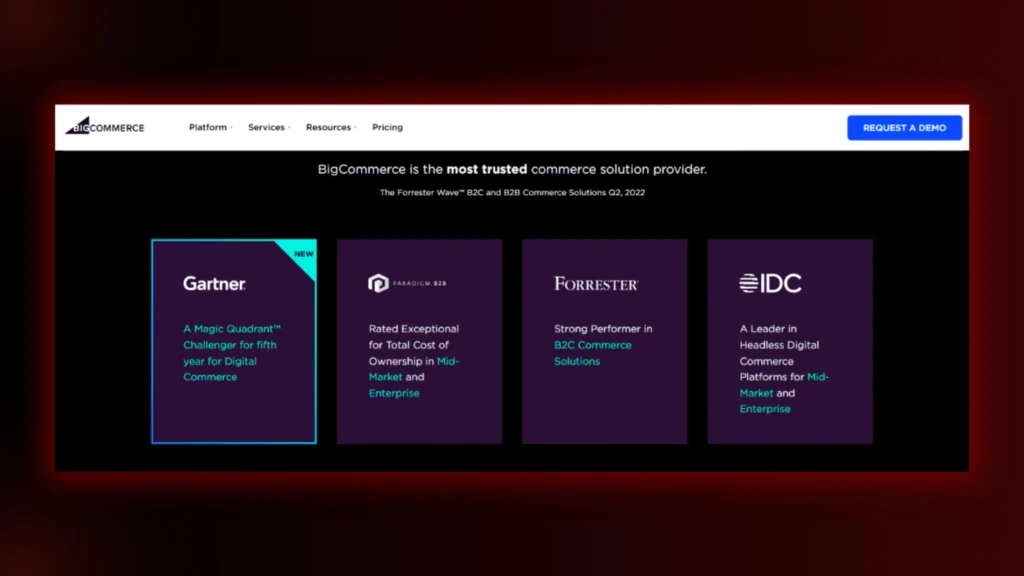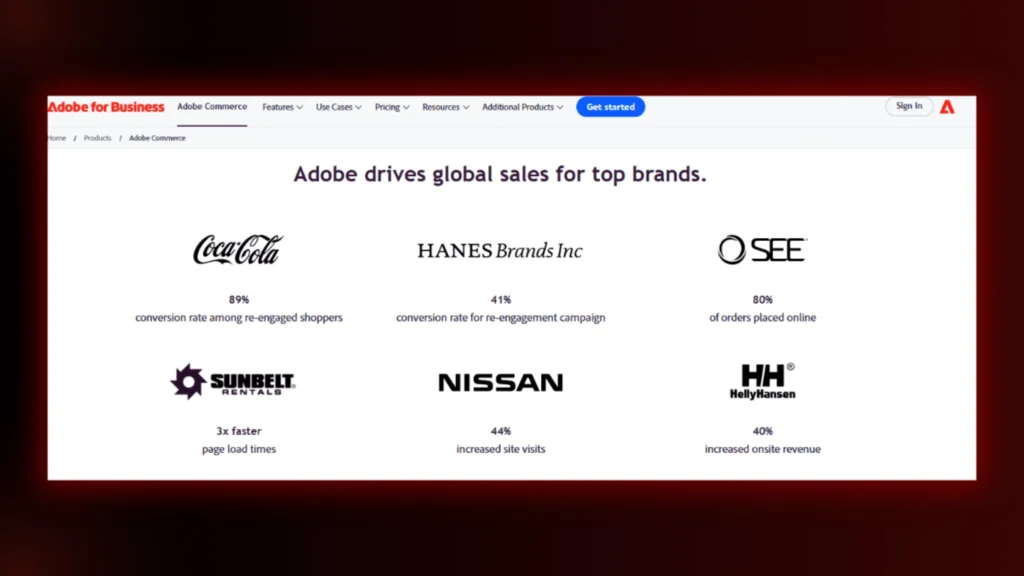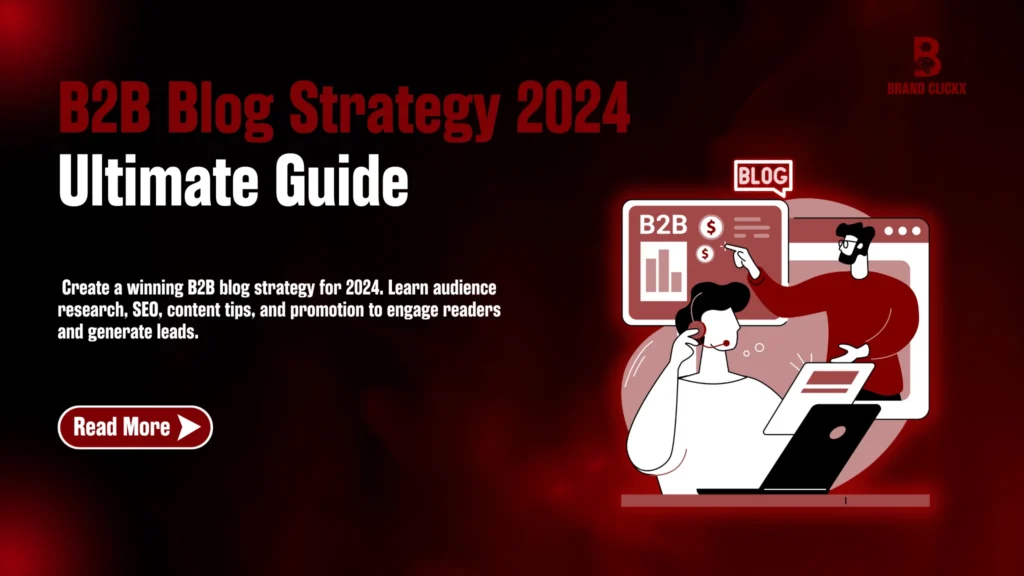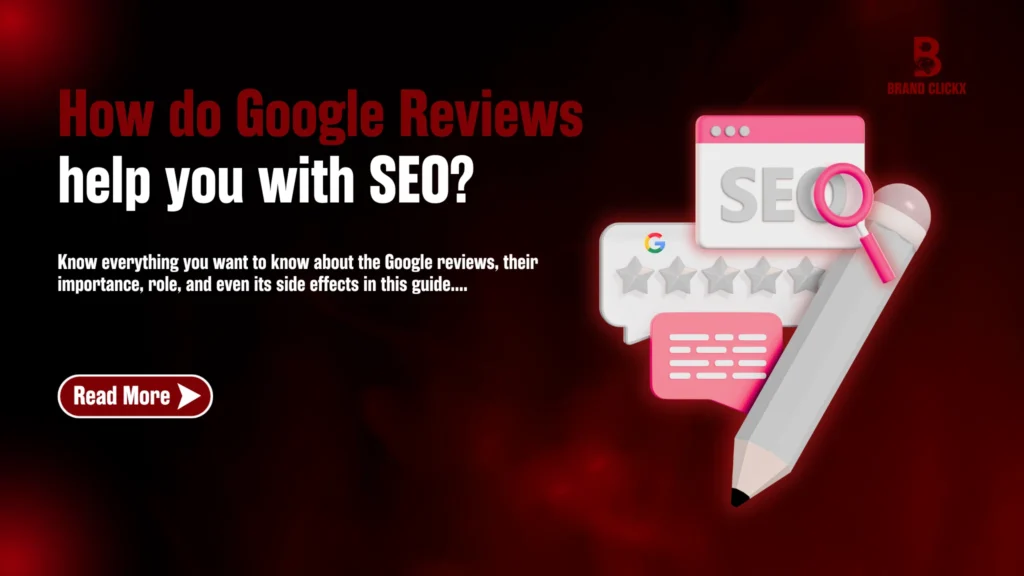If you’re running an online store (or planning to), you’ve probably heard this a hundred times — “SEO is everything.” And honestly, it kinda is. The reason is: What’s the point of having amazing products if no one even finds your website?
The truth is, your SEO game doesn’t just depend on keywords or writing blog posts. It actually starts with the platform on which you build your store. Some e-commerce platforms make it super easy to rank on Google, while others don’t help much.
In this guide, I’ll walk you through the best e-commerce platforms for SEO so you can choose what works for your business and help you get to see where it matters most — on search engines.
Let’s jump in.

6 Best E-Commerce Platforms for SEO (Detailed Comparison)
1. Shopify
Shopify is one of the most popular e-commerce platforms, and it is great for beginners and small- to medium-sized businesses. The all-in-one solution where you can build, customize and manage your store without needing technical skills.

Pros for SEO:
- Mobile responsive, making it easier to rank in mobile searches.
- The fast page loading speed keeps Google and its users happy.
- Access to various SEO apps that improve optimization.
- SSL certificate included for added trust and security.
Cons for SEO:
- Limited control over URL structures, especially for product and collection pages.
- Basic blogging features that may limit content marketing efforts.
- Many SEO improvements require paid apps, adding extra costs.
2. WooCommerce (WordPress Plugin)
WooCommerce is an open-source plugin for WordPress that turns your website into an online store. Ideal for those who want full control over design, features and SEO.

Pros for SEO:
- Full control over meta descriptions, slugs, headings, and overall SEO structure.
- Access to powerful SEO plugins like Yoast and Rank Math.
- Highly customizable site structure to boost search visibility.
- Smooth content and product optimization in one place.
Cons for SEO:
- Speed depends heavily on your hosting and optimization efforts.
- Too many plugins can slow down your site if not managed properly.
- Basic technical knowledge is required to maximize SEO fully.
3. BigCommerce
BigCommerce is a full-featured cloud-based e-commerce platform for all business sizes. Known for its built-in SEO tools, it helps your store rank better without needing many third-party apps.

Pros for SEO:
- Built-in SEO features like custom URLs, title tags, and meta descriptions.
- AMP support improves mobile page speed and search rankings.
- Clean URL generation enhances search engine friendliness.
- SEO tools are available natively, saving extra effort.
Cons for SEO:
- The a slight learning curve for beginners, especially in advanced settings.
- Some themes may need tweaks to be fully SEO-optimized.
- Higher pricing plans may feel expensive for small startups.
4. Magento (Adobe Commerce)
Magento is a powerful platform mostly used by large businesses needing advanced features. It offers excellent SEO flexibility but often requires a developer or technical knowledge.

Pros for SEO:
- Advanced features like XML sitemaps, custom meta tags, and schema markup.
- Full control over website structure and SEO elements.
- Great for multi-language and multi-currency SEO targeting.
- Scalable and highly customizable for growing stores.
Cons for SEO:
- High development and maintenance costs.
- Complex to set up and manage without technical skills.
- Regular updates are required to maintain SEO performance.
5. Wix eCommerce
Wix is a beginner-friendly website builder with easy drag-and-drop functionality. It’s perfect for small businesses looking to launch quickly without coding.

Pros for SEO:
- Built-in SEO tools for editing meta tags, slugs, and alt text.
- Guided SEO support through Wix SEO Wiz for beginners.
- Mobile-responsive templates improve search rankings.
- SSL certificates are included for site security.
Cons for SEO:
- Less scalable for large stores with complex needs.
- Limited flexibility for advanced SEO customizations.
- URL structures can sometimes look clunky.
6. Squarespace
Squarespace is known for its stunning templates and ease of use. It’s a solid choice for small stores or creative businesses focused on design.

Pros for SEO:
- Clean, mobile-friendly templates enhance user experience and SEO.
- Basic SEO settings are available for titles, descriptions, and images.
- Includes SSL certificates for a secure shopping experience.
- Strong blogging tools help support SEO through content.
Cons for SEO:
- Limited control over technical SEO aspects.
- URL structures are not very customizable.
- It’s not ideal for scaling into a large eCommerce site.
5 Factors to Consider Before Choosing a Platform
1. Size of Your Business
Your store’s size matters. Small shops can easily run on platforms like Wix or Squarespace. But if you’re handling hundreds of products or planning to expand fast, you’ll need something more powerful like Shopify, BigCommerce, or Magento.
2. Budget
Some platforms seem cheap upfront but cost more later with apps, plugins, or developer help. Shopify charges monthly plus app fees. WooCommerce is free but needs paid hosting. Always check the full cost — not just the starting price.
3. Technical Expertise
If you’re not into coding or handling backend stuff, platforms like Shopify or Wix make things easier. But if you’re okay with a little tech work and want full control, WooCommerce or Magento gives you more freedom — but also more work.
4. Scalability Needs
Think long-term. A platform might work great now but struggle when your business grows. Shopify and BigCommerce scale, as well as your sales growth. Wix or Squarespace? Good for starters but tricky if you expand fast.
5. Available SEO Support/Tools
SEO tools matter a lot. WooCommerce lets you use plugins like Yoast or Rank Math, which are super detailed. Shopify has apps, but some are paid. BigCommerce offers built-in SEO features. Whatever you pick, make sure it helps you rank — not hold you back.
Read Blog Posts:
- E-commerce Launch Strategy: 8 Steps to Start Strong in 2025
- E-Commerce SEO Checklist: 25 Tips to Boost Sales in 2025
FAQs
1. What is the best SEO tool for eCommerce?
Honestly, Ahrefs and SEMRush are super helpful. They show what your competitors are ranking for, help with keywords, and fix site issues. But if you’re just starting, Ubersuggest or Google Search Console works, too.
2. Which platform is better for SEO?
WordPress with WooCommerce is pretty good because it gives you more control. But Shopify isn’t bad either — it’s simple and beginner-friendly. Depends on how hands-on you wanna get.
3. What is the #1 eCommerce platform?
Most people go for Shopify — it’s easy, clean, and built for online stores. Big brands use it, too. But honestly, what’s “#1” kinda depends on your business needs.
Final Words
Whatever platform you choose for e-commerce SEO, remember that good SEO is an ongoing process. Keep optimizing, keep learning, and watch your store increase its search results. Need help with SEO or scaling your store? Check out Brand ClickX — we help brands grow, rank, and show up right where your customers are searching. Let’s turn those clicks into real sales.



